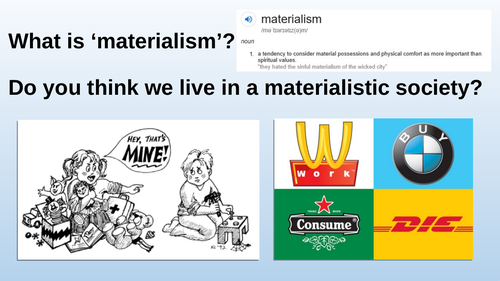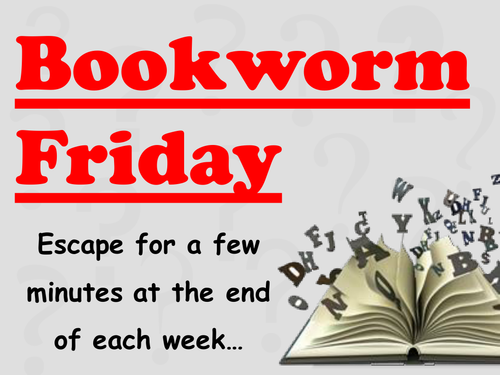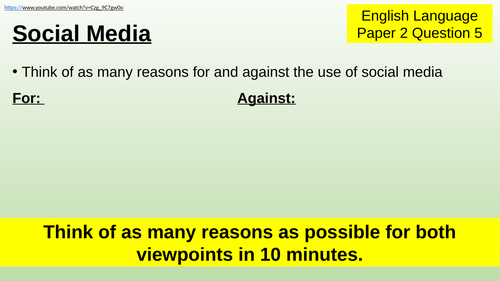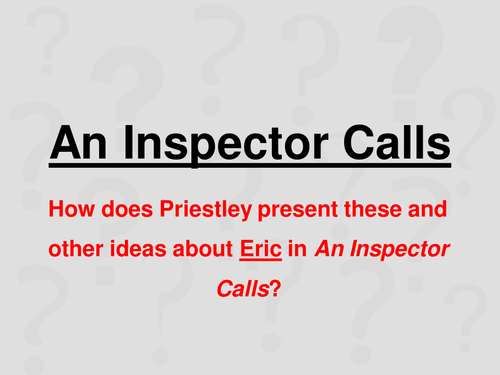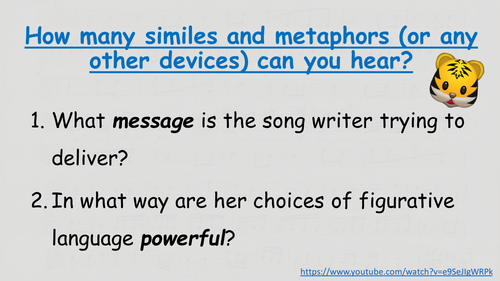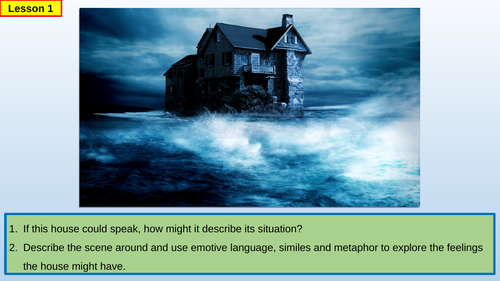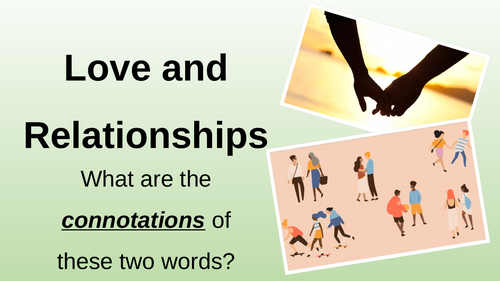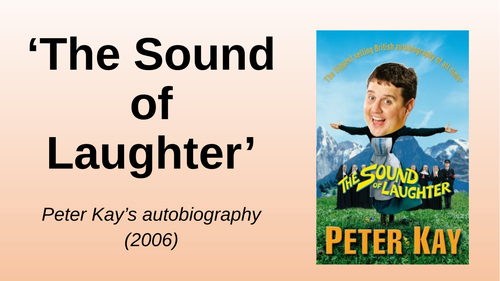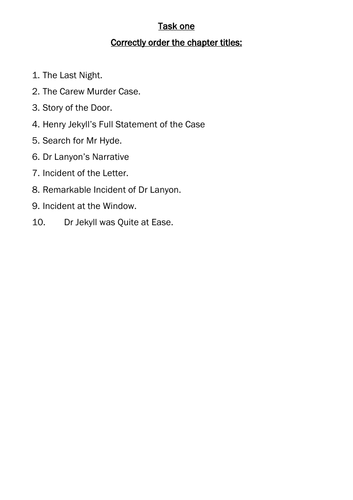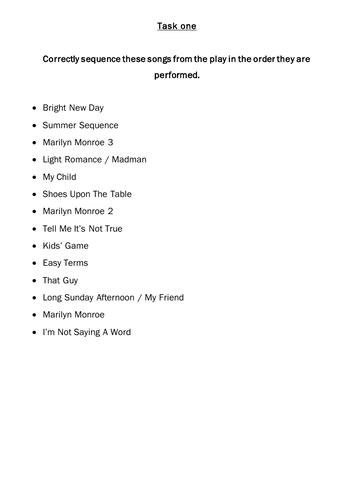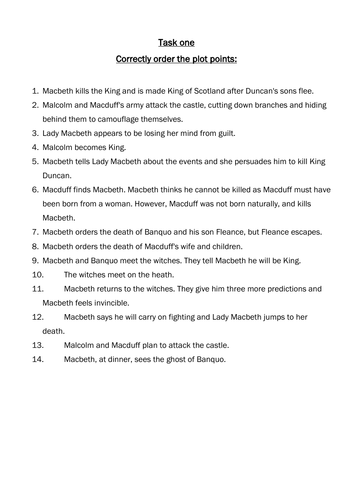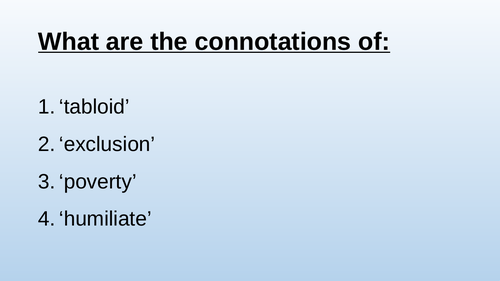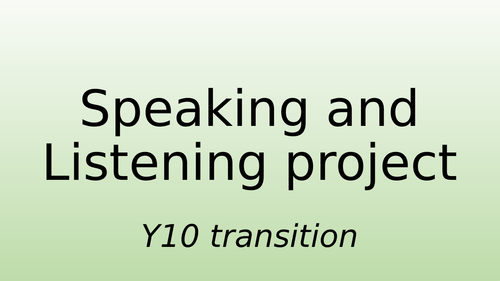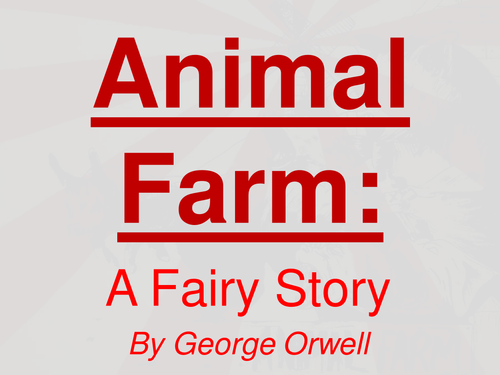Miss McVitie's Shop
Resources produced by an English Literature and Language teacher of eleven years from North West England. All resources have been produced by myself. These resources include revision tasks and engaging activities for both Key Stage 3 and GCSE classes. After prominently teaching and marking the AQA exam board most of my resources comply with this curriculum. Hopefully you find these resources helpful, interesting and they help ease the pressure of planning!

